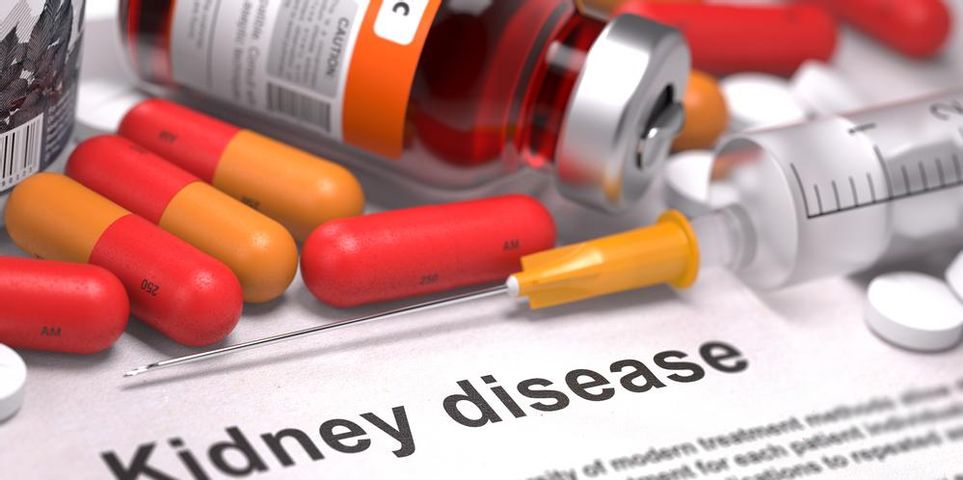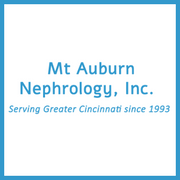What to Expect After a Diagnosis of Kidney Disease

Your kidneys play an essential part in your bodily functions. These small organs help to filter waste, stabilize electrolytes, and produce hormones that regulate your red blood cells. Unfortunately, factors such as genetics, diet, and lifestyle can cause your kidneys function improperly, resulting in a condition known as kidney disease.
When you receive a diagnosis of kidney disease, your nephrologist will categorize it as one of five stages. To learn more about the different stages of kidney disease and what you can expect from each one, continue reading below:
Stage 1
Patients with a Stage 1 diagnosis of kidney disease often do not exhibit many symptoms. The disease is typically found while testing for other conditions, such as diabetes or hypertension. During this stage, a patient may have a glomerular filtration rate (GFR) of 90ml/ min or higher. They may also present blood or protein in the urine and high creatinine levels in the blood. Treatment at this stage typically includes regulating the diet and regular exercise.
Stage 2
During Stage 2 of chronic kidney disease, patients will have a slight decrease in their GFR to 60-89 ml/ min. Like Stage 1, there aren’t many visible symptoms, although kidney damage can be seen in an MRI. Treatment for this stage includes a healthy diet and exercise routine, a recommendation to stop smoking, and medications.
Stage 3A & 3B
 Stage 3 is broken up into two phases: Stage 3A and 3B. During Stage 3A, the GFR is 45-59 ml/min and 30-44 ml/min for Stage 3B. Here, the kidneys are functioning less efficiently, and there may be a buildup of waste in the blood, known as uremia. Patients may also experience fluid retention, edema, back pain, and fatigue.
Stage 3 is broken up into two phases: Stage 3A and 3B. During Stage 3A, the GFR is 45-59 ml/min and 30-44 ml/min for Stage 3B. Here, the kidneys are functioning less efficiently, and there may be a buildup of waste in the blood, known as uremia. Patients may also experience fluid retention, edema, back pain, and fatigue.
At this stage, dietary restrictions become stronger and patients may be advised to take Vitamin B and C supplements. Patients may also be given specific enzyme medications to slow the progression of the disease, and they will have to meet with a nephrologist on a routine basis.
Stage 4
At Stage 4, the condition is considered severe and the GFR is just 15-30 ml/min. Symptoms at this stage include vomiting, fatigue, edema, a metallic taste in the mouth, and difficulty completing everyday tasks. Patients may also develop other conditions, such as anemia, heart disease, and bone disease. At this stage, patients will require dialysis and may be placed on a list for a kidney transplant.
Stage 5
Stage 5 is complete renal failure, and the kidneys have a GFR of less than 15 ml/min. Symptoms will continue to be severe and patients will need dialysis or a kidney transplant to continue living.
If you or someone you love has had a diagnosis of kidney disease, contact Mt Auburn Nephrology by calling (513) 841-0222. Based in Cincinnati, OH, this nephrology clinic specializes in all stages of kidney disease. To learn more or to make an appointment, visit their website today.
About the Business
Have a question? Ask the experts!
Send your question

